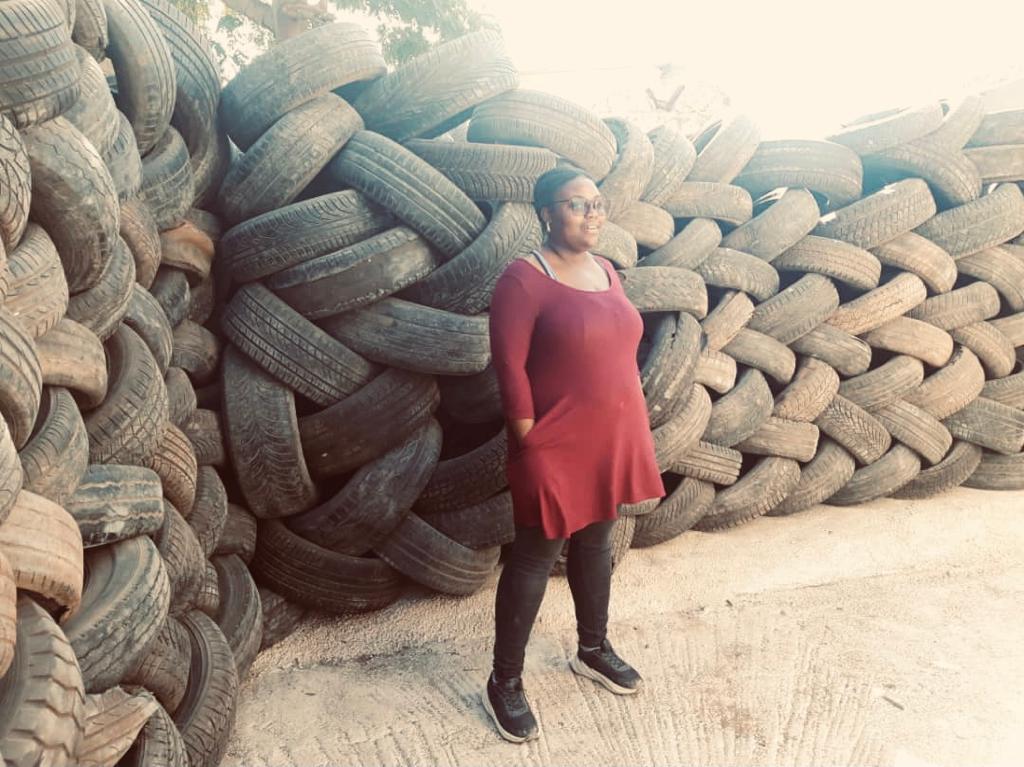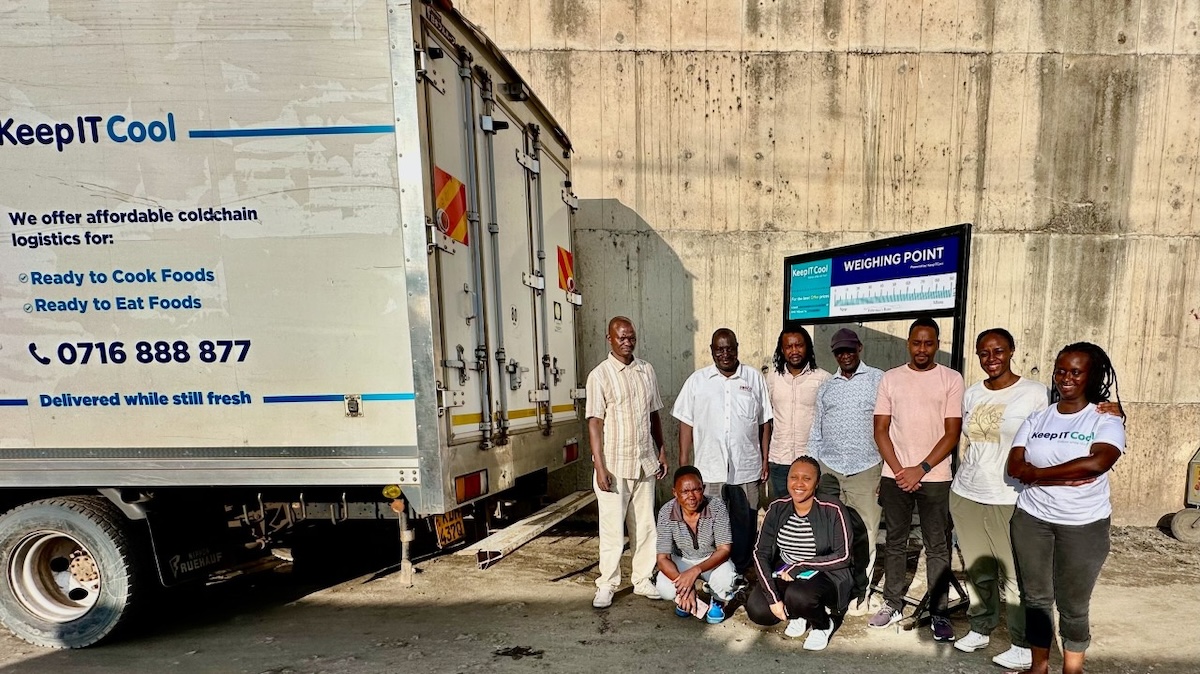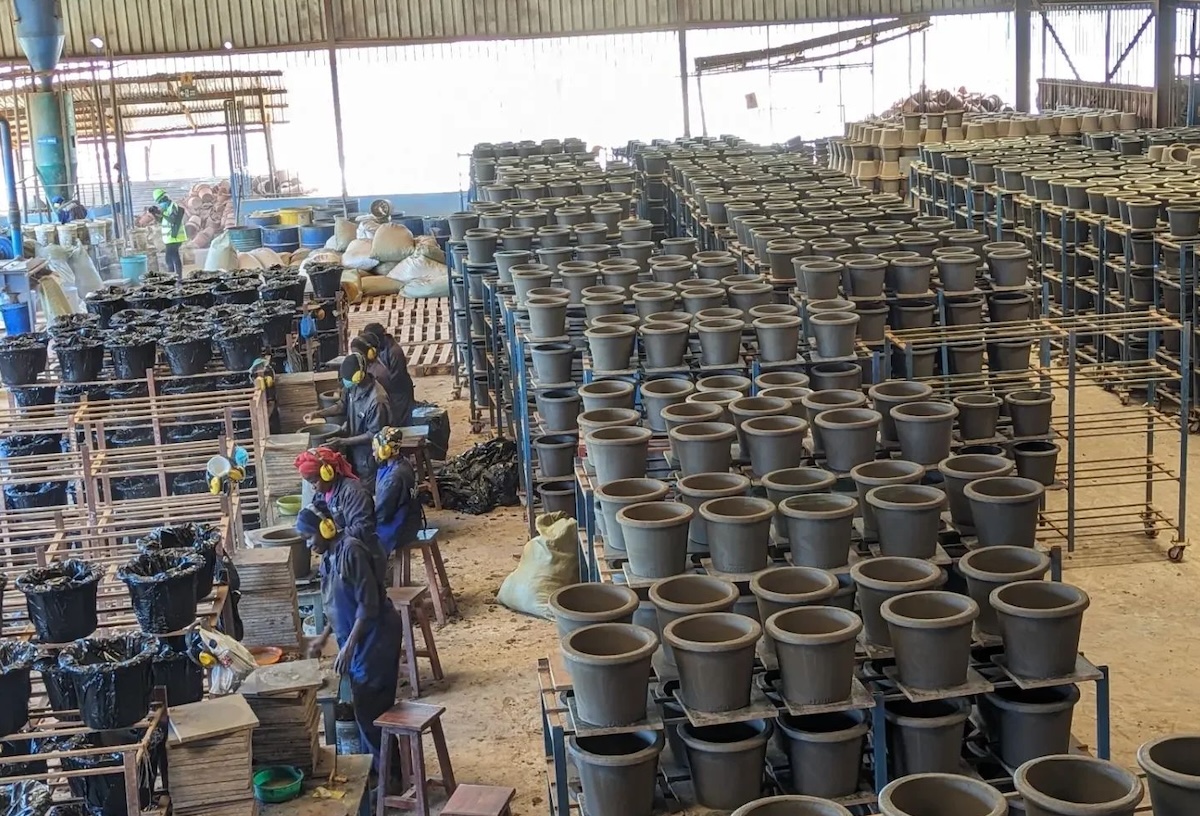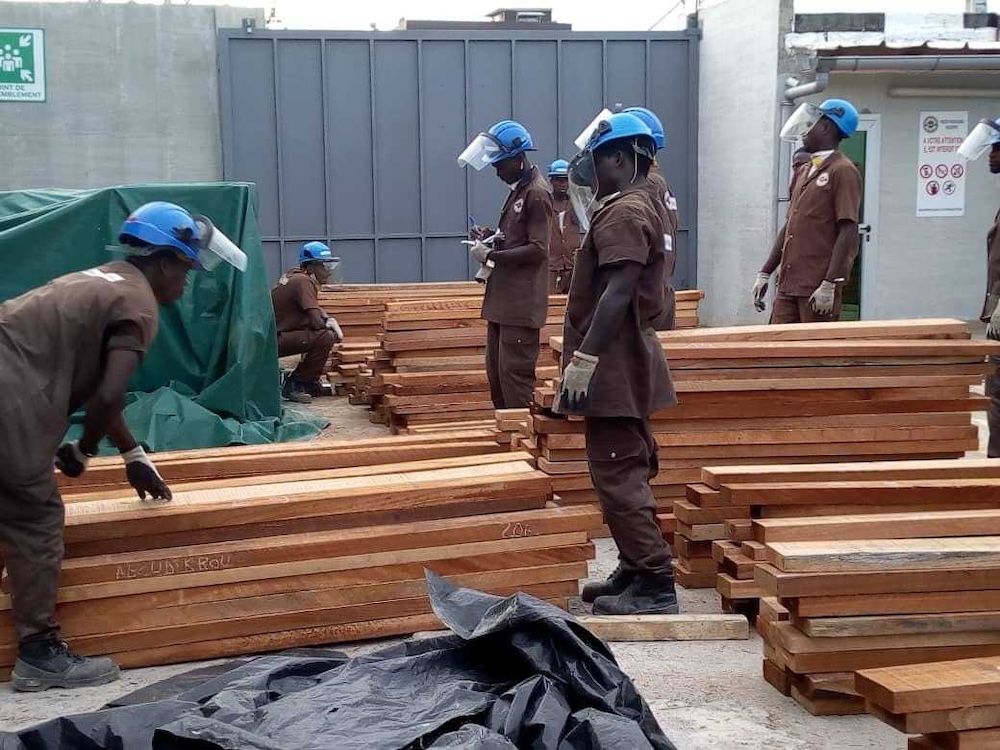ImpactAlpha, February 9 – A women-led, women-backed investment fund in Dakar, Senegal is getting an environmental bonus from the women entrepreneurs it supports.
A tire recycling company. A fashion brand sourcing local textiles from traditional weavers. An artisanal baker who buys locally grown grains and sells bread through a network of local women.
Environmental sustainability has become a notable theme for WIC Capital, one of the first investment funds to target women in francophone West Africa and other “gender lens” investors.
“100% of these entrepreneurs are thinking about the community, about the jobs they’re creating, and about the environment,” WIC’s Evelyne Dioh tells ImpactAlpha. “Their focus is not just on the core business, which is always impactful, but across the value chain.”
That investments in, by and for women often have co-benefits for climate adaptation and mitigation offers a path to growth for what has been a niche, $12 billion market for gender lens investing. Advocates, led by the U.N.’s António Guterres, are calling for a 10x increase in climate adaptation financing, which totaled $30 billion in 2017-2018 (see, “Accelerating climate emergency spurs innovative financing for adaptation”).
A corollary insight is also taking hold: that a gender lens investing provides an edge for climate investors. “Climate change disproportionately impacts women, particularly those with fewer resources, but women are also disproportionately part of the solution,” says Suzanne Biegel, host of the GenderSmart Investment Summit now underway.
In agriculture, extension services and skills training for rural women and girls “can empower them with the land-use skills and knowledge to combat climate change,” suggests Gender and Climate Investment, a report released at the summit. “Energy providers can develop gender-responsive learning platforms to increase household energy efficiency and uptake of renewables, improving children’s education by reducing energy poverty.”
Together, investments targeting Sustainable Development Goal No. 5 (gender equality) and No. 13 (climate action) “are like keys that can unlock opportunities across societal goals,” the report argues.
For example, Investments from the Women’s Livelihood Bond series, which are managed by Singapore-based IIX, aim to improve livelihoods for low-income women in Asia. In agriculture, that means access to markets, finance, resources and the ability to weather climate shocks.
Sydney-based VisionFund International raised capital with a “kangaroo bond” to help women entrepreneurs and farmers secure micro-loans and climate insurance.
In public-markets investing, gender-smart climate initiatives can tick all three of the boxes for environmental, social and governance, or ESG, investing. Studies from the Sasakawa Peace Foundation and UC Berkeley’s Haas School of Business link the presence of women on corporate boards with more progressive company policies on climate governance and innovation. “When companies have more gender-balanced leadership, they also tend to have better climate governance and are more likely to proactively pursue sustainability,” according to the gender and climate report.
Building a pipeline
First-time emerging market fund managers already face the difficult task of raising capital in markets often dismissed by investors as “too risky.” Combining a climate focus and a gender lens may expand the pool of potential investors, as well as open bigger markets and reduce risks.
Fida Taher launched Amam Ventures in Amman, Jordan to invest in women-led companies as a way to build a more gender-inclusive economy (Amam means “in front” in Arabic). That meant also creating an accelerator program for women-led businesses to build the fund’s pipeline, and a scholarship program to nurture more women board members for Jordan’s companies. Participants in Amam’s “Get On Board” program take an eight-week course and receive mentorship from more senior businesswomen.
Amam recently closed $3 million for a pilot investment fund, backed by Amsterdam-based TripleJump and Jordan’s Innovative Startups and SMEs Fund. Amam is partnering with Bank-al-Etihad, one of only two women-led banks in Jordan, on its Arcan (for “pillar”) accelerator to provide investment-readiness and “digital transformation” support to as many women-led small businesses as possible.
In the process, Amam has noticed that environmental impact is a theme across its pipeline of women-led businesses. Amam’s pipeline includes a clean beauty company that focuses on ethical and organic-sourcing and women-run manufacturing; an engineering and manufacturing company that focuses on recycled materials and offers vocational training; and a recycling/upcycling venture that also teaches school kids about environmental impact.
“Women think about society as a whole. They think about culture. They take a more comprehensive and holistic view in business,” Taher tells ImpactAlpha. “They know that what they’re doing has an impact, so when they measure their financial returns, they’re also measuring their impact on the environment and society.”
In Lagos, Nigeria, SME.ng, a gender-focused impact fund, runs a business accelerator called SheWorksHere to provide investment readiness support and build an investment pipeline. The accelerator’s 2019 cohort supported 16 women-led businesses, many operating in sectors with high environmental and social impact potential like food processing, logistics and transportation and cosmetics.
“It is a lucrative area for investment, but not everyone comes to the table as a convert of gender-lens investing,” says SME.ng’s Thelma Ekiyor. “We have to be very conscious of the internal dynamics” when approaching investors.
Back in Senegal, WIC is pushing boundaries to make the investment ecosystem more inclusive. WIC, for Women’s Investment Club, is backed by a network of Senegalese businesswomen who invest their own capital alongside institutional investors, like Dutch development finance institution FMO, which recently committed first-loss capital to the fund. WIC Capital is set up as a permanent capital vehicle to be able to invest capital as funding comes in to meet the needs of long-underserved women entrepreneurs. An investment readiness program, WIC Academie, is designed to build the investment fund’s pipeline.
WIC’s pipeline and portfolio exemplifies opportunities laid out in the Gender and Climate Investment report of how “women entrepreneurs and women-led startups help to diversify agricultural value chains, reducing risk and enabling climate-responsive innovation for sustainable foods or textiles” and how women entrepreneurs are “fueling market competitiveness for the green economy.” So does Amam’s pipeline. And SME.ng’s.
“Gender-smart climate finance will be the norm in 20 years’ time,” writes Biegel. “No serious investor will put money into a project that ignores sustainability or take risks on an enterprise that fails to factor in gender and other forms of equity.”
“But we don’t have 20 years,” she adds. “We’re out of runway.”












